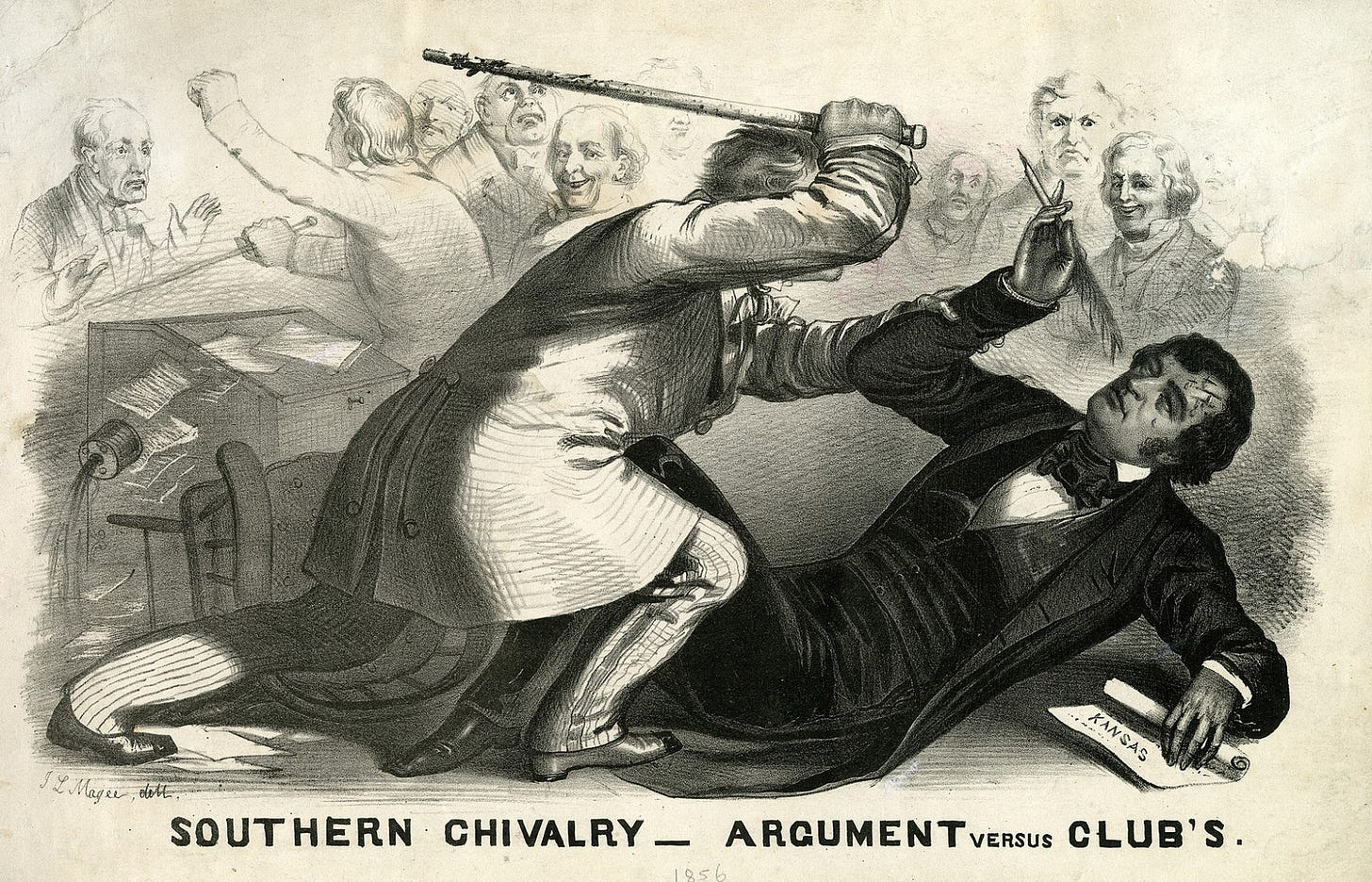I’ve wondered if we have collectively lost our minds. I concluded that it might appear that way, but what we have lost are our filters. The world is on fire, literally and figuratively, The Kansas City Chiefs can’t decide whether they are for or against women, people discuss Israel/Palestine like a hypothetical thought exercise, grown adults are going after drag queens and trans kids, and according to TikTok, Gen Alpha can’t read. So yeah, maybe filtering our language isn’t top priority right now.
Over the last few years, I’ve found myself in situations where I am utterly shocked at what comes out of people’s mouths. Granted, I work in the arts, and artists are known for their eccentricities. But still, the number of times I’ve been in situations that, on paper, are either comedy gold or wildly twisted (or both) is greater than the number of freckles I have on my face. While some of these situations are about power and control, I’m convinced most are a symptom of a lack of filters. I’m lucky enough to have a weirdo artist community where I can bring my bizarre self and all the ridiculous things that burst out of my mouth. This version of me once felt very compartmentalized from my professional persona.
At what point does one retire performing niceties? When asked, “How are you?” You probably say, “I’m good,” or if you’re particular about your grammar, you would say, “I’m well.” We can’t possibly tell the truth to a stranger or even a friend, or else you risk reenacting the Debbie Downer sketches from SNL… Raise of hands; who is actually “well?” Maybe we are “ok,” but “well?” Why is it that when asked the question, it usually comes at the very moment of being very much not “well?”
Civility stems from filtering language. Politics and etiquette go hand in hand with a strong set of filters (or at least they once did). Our society is preoccupied with people being nice to each other. If you disagree with someone, it isn’t nice to point that out; just smile and nod. And if a marginalized group is disruptive as they plead for fundamental human rights, it’s an illegitimate way to secure justice because they were yelling and that’s rude. Nice is born of having filters, but we should be more interested in kindness. Sometimes kindness isn’t nice. Kindness can even feel mean. What can I say, this shit is messy.
“The East Coast is kind but not nice, the West Coast is nice but not kind,' and East Coasters immediately get it. West Coasters get mad.” - Jordan Green a la Twitter
Many people are grieving the loss of filters but are misconstruing it as a loss of politeness. This lack of filters in our discourse signals a growth of fear and pain. Filters signify stability, control, and safety. Lack thereof signifies fear, pain, and instability. I am viscerally uncomfortable with confrontation or aggression. Still, I recognize that when people are screaming and pleading from the very core of their being, it’s from a place of desperation, even if I fundamentally disagree with them. I’m talking about even the most intolerant people.

I mean it when I say “even the most intolerant people.” We shouldn’t condone their behavior, but telling them to shut up isn’t only a matter of free speech, it’s impractical. I’m not encouraging people to engage with their oppressors. That can be dangerous and harmful. But as unappealing as it might be, we need to understand where that intolerance comes from in order to deprogram it. Trump’s supporters are certainly not popular on this corner of the internet, but they also feel some level of desperation which makes them susceptible to enabling populism and scapegoating.
We are mourning the loss of etiquette and manners, but missing the point. Hopelessness and agony are something we cannot ignore. People are in pain, and we can see it live-streamed on TikTok. It doesn’t help that every year of the last ten years has been unprecedented across all boards. Sure, sometimes the lack of filters leads us to hysterical moments, sometimes it’s an expression of anger. But rather than hone in on the discourse, maybe we should just listen.




